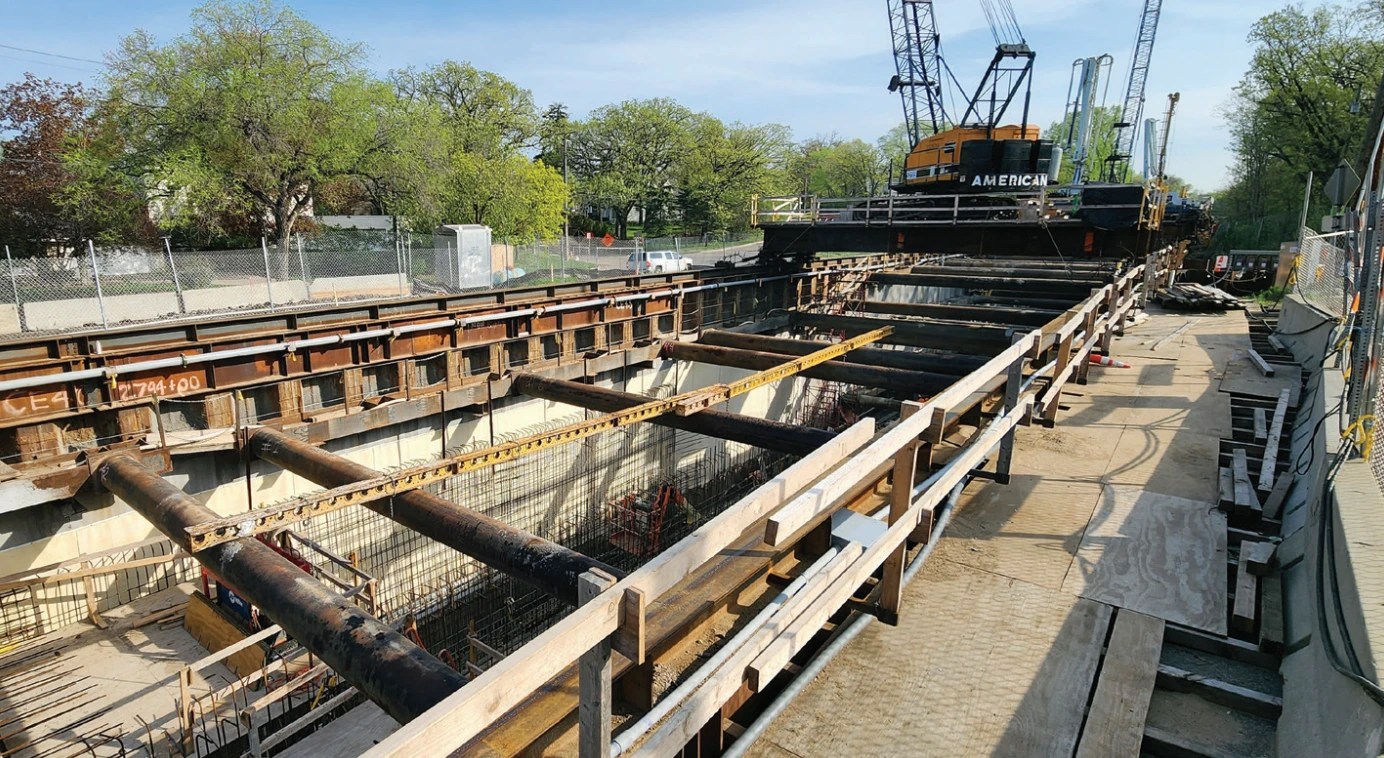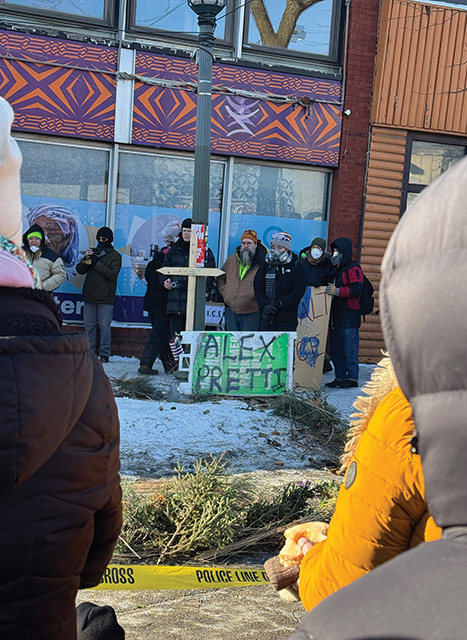Imagine a public agency that, by law, is unaccountable to the voting public. It controls billions of public dollars. It levies taxes. It can overrule local governments, and reports to a single elected official.
What a recipe for arrogance, incompetence and mismanagement! Even corruption.
Of course, I’m talking about the legal framework of the Met Council. Unfortunately, reports coming out of the Office of the Legislative Auditor document how the council is living up to an unsavory potential, complete with practices that seem to at least border on corruption. What else do you call it when the Met Council, under fire for overspending, intentionally omits a $93 million component from its bidding process?
Time was, the lonely voices of area residents were the only ones decrying the council for bait-and-switch and willful denial of facts. We shouted from the rooftops that the soil would be problematic! Tunnel construction will damage the condo buildings! Co-location next to hazmat-bearing freight trains will be dangerous! For our efforts, we were maligned as NIMBYs and obstructionists.
Now that events have proved us right — at the painful cost of a half-billion taxpayer dollars and years of delay — the legislature has become serious about reforming the agency. (Meanwhile, true to form, the council persists in calling the problems we predicted “unforeseen.” Did somebody say “gaslighting?”)
Proposals for Comprehensive Reform
Rep. Frank Hornstein, who chairs the House Transportation Finance and Policy Committee, proposes setting up a 14-member task force on metropolitan governance, with members drawn from government, business, unions, higher ed, the public. The task force would submit recommendations to the legislature on how to select council members, whether some council functions should be assigned to other agencies and whether there are alternatives to its current structure.
Sen. Scott Dibble, chair of the Senate Transportation Committee, takes a different approach. He’d re-establish the Met Council as a “home rule” entity under a statute that lets citizens create a local government separate from the standard plans established under state law. Ramsey County’s chief judge would appoint 11 metro-area members with expertise in regional governance to a special commission. They would study how to reconfigure the Met Council under a home-rule charter and submit their recommendation to metro area voters.
The two proposals are being considered in conference committee.
“Elected Council” — Not a Silver Bullet
As public outrage at the Southwest Light Rail debacle has increased, so has indignation at being taxed and governed by its unelected sponsor, the Met Council. But making the council elected wouldn’t by itself produce needed reform — which is why the comprehensive approach offered in the proposed legislation is required.
With its vast scope of planning and operational responsibilities, the Met Council is staff-driven. Could it be anything else, with a board of only 16 members earning $20,000 for parttime service? By necessity, members rely too heavily on staff — who have opinions that may or may not be in the public interest.
Should council members be fulltime, and paid accordingly? Our fulltime Hennepin County Board members earn $119,244 and full-time Minneapolis City Council members earn a base salary of $106,101. State legislators, who are part-time, earn a base of $51,750.
Should the agency be broken up into smaller, more manageable planning and operations agencies? Should construction-savvy MnDOT take over the building of light rail and bus lines? Should a separate transit agency run bus and light rail operations? Comprehensive reform would address these issues and more.
Today’s Met Council dysfunction is the logical outcome of state statutes. It’s on legislators to fix the mess.






